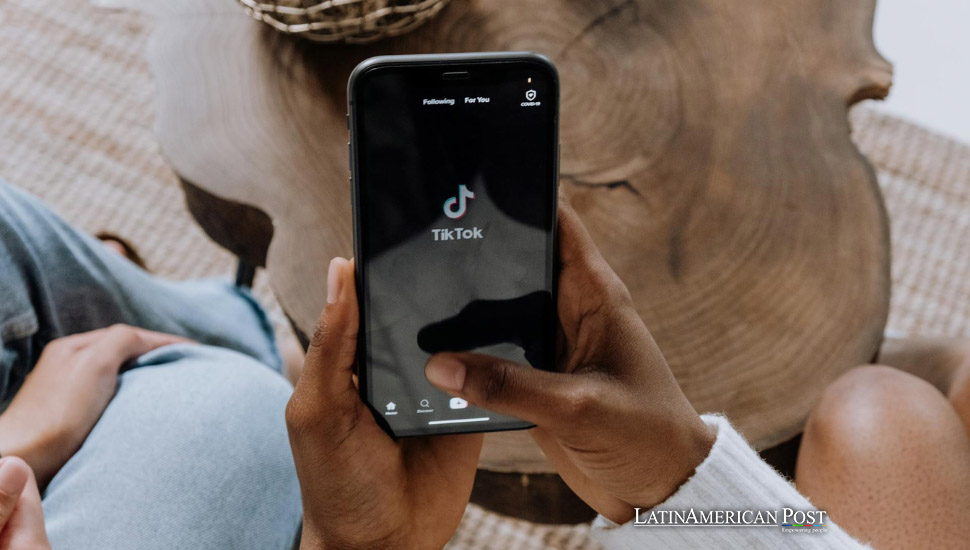The US TikTok Ban and its Impact on Latin America

In a move with potential repercussions in Latin America, the U.S. House overwhelmingly passed a bill by a margin of 352-65 that would force ByteDance, the Chinese company that owns TikTok, to sell the wildly popular app or be banned. In practice, however, the bill would ban TikTok in the United States since the company and China, historically, have refused to consider divestiture.
The Impact of a Potential TikTok Ban on Latin America
The recent US House vote to potentially ban TikTok, the ubiquitous short-form video platform, has sent shockwaves across the globe. While the bill’s fate in the Senate remains uncertain, one region stands to be particularly impacted: Latin America. Here, TikTok has exploded in popularity, becoming a cultural phenomenon and a crucial communication tool for many. However, a US ban on the app could have significant social, political, and economic consequences for the region.
Unlike the US, where concerns about national security and Chinese influence have fueled calls for a ban, Latin American governments have largely embraced TikTok. This enthusiasm stems from TikTok’s unique ability to bridge the gap between entertainment and information. Latin American creators have found their niche on the platform, often surpassing their US counterparts in engagement.
If the US ban on TikTok goes into effect, it could trigger a domino effect in Latin America. The US ban sets a precedent that other countries, including those in Latin America, might follow, creating uncertainty and confusion for users and businesses. A US ban could also be perceived as an attempt to control the flow of information and limit cultural exchange, potentially damaging trust in the US and fueling anti-American sentiment in the region. Additionally, a ban in the US could inadvertently harm Latin American creators who rely on the platform for income and audience growth. Losing access to the US market could significantly impact their reach and revenue potential.
The Domino Effect: How a US Ban Could Affect Latin America
A TikTok ban could also create an opportunity for regional competitors to emerge. However, replicating TikTok’s success would be challenging, potentially leading to a fragmented online landscape and hindering content creation.
However, the potential US ban also presents an opportunity for Latin America. If major platforms like TikTok become unavailable, local alternatives could gain traction, fostering a more independent and diverse digital ecosystem in the region. The concerns surrounding TikTok also highlight the need for more robust data security regulations in Latin America. Focusing on user privacy and data protection can create a more secure online environment for everyone. Additionally, the rise of social media necessitates vital media literacy education—Latin American countries can invest in programs that teach users how to evaluate online content and identify misinformation critically.
Negotiation and Innovation: Potential Paths Forward
While the US ban vote injects uncertainty into the future of TikTok in Latin America, the region is unlikely to roll over. Latin American governments could negotiate with ByteDance to establish regional data centers and implement stricter content moderation policies, potentially addressing US concerns while allowing TikTok to continue operating in the region. A more likely scenario is the emergence of a regional version of TikTok tailored to local tastes and regulations.
Also read: English Proficiency is Improving in Latin America Except Among Younger People
Regardless of any ban’s outcome, the situation will likely accelerate the diversification of the online content landscape in Latin America, with new platforms and content creators emerging. The potential US ban on TikTok presents a significant challenge for Latin America, but it also creates an opportunity for the region to assert its digital independence and foster innovation. By focusing on data security, promoting media literacy, and supporting local platforms, Latin America can emerge from this situation with a more robust and diverse digital ecosystem. Whether it’s a regionalized TikTok or something entirely new, the future of online content creation in Latin America promises to be dynamic and exciting.





